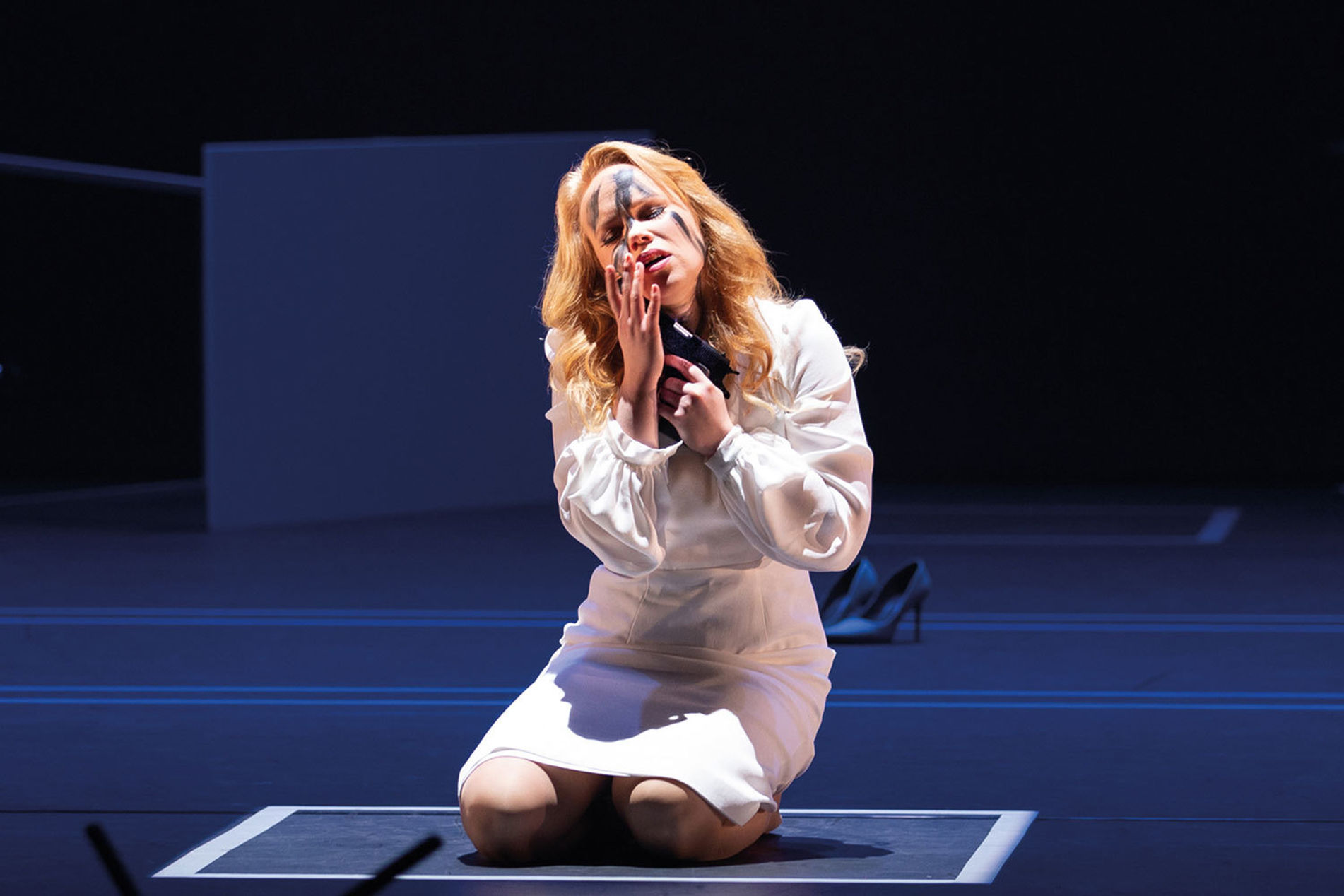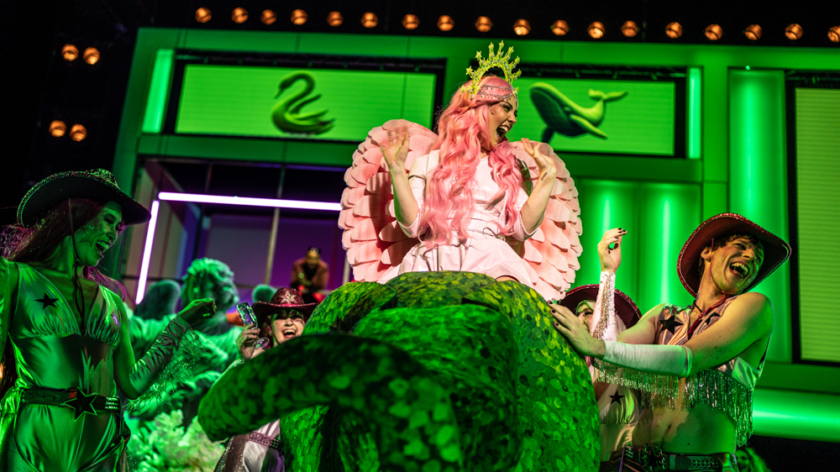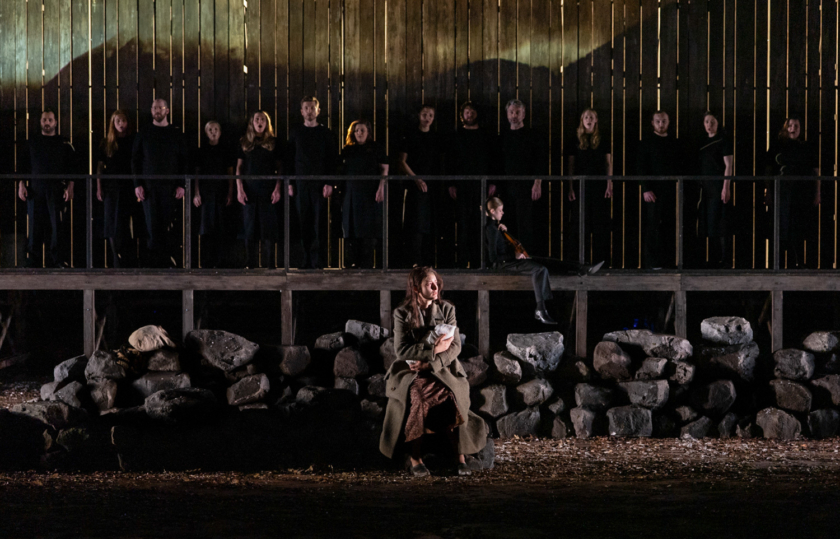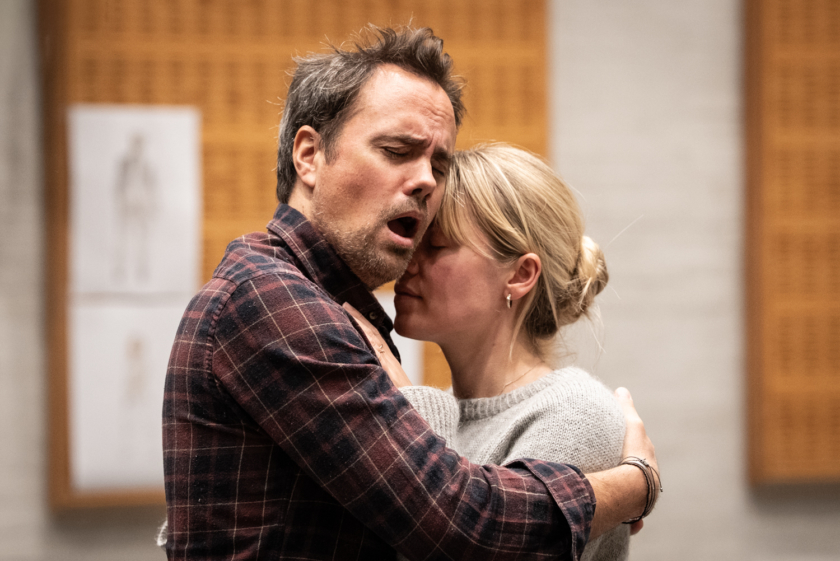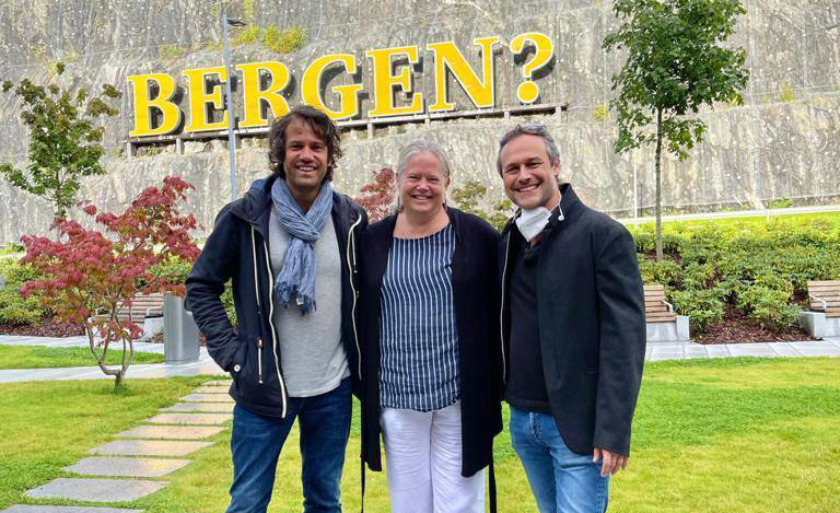Sex, Violence and Modern Opera
From its earliest days, opera has always been explicit.
In 1643, Italian composer Monteverdi gave us Emperor Nero, savage and passionate. His appalling mistress Poppea seduces her way to power, trashing any obstacles. Mozart's anti-hero Don Giovanni was way ahead of any Me-Too sensibilities, rampantly adulterous and murderous before his consignment to hell. Then came what one brave historian describes memorably as ‘the German opera problem’ – a new and deadly seriousness launching the 19th century – an era of romantic gloom with dark and tainted love preceding langorous death scenes. In Italy, land of more overt eroticism, Verdi's melodramatic output introduced swashbuckling massacres, poisonings and daring alliances lightened by luscious affairs. And so on, to the 21st century, this gripped by new operatic realism and an unhealthy obsession for psychosis or serial killing.
But how all this is all set on is another matter. Bergen National Opera is about to present a new production of Mozart's La Clemenza di Tito. The story is set in ancient Rome and is about sex, violence and power – a text as alarming in 1791 when the composer created the operas - as it is today. An act of extremism by a fanatical youth – he has been influenced by his lover, bent on terror – sets fire to the heart of a city and threatens to kill the country's ruler.
How do we represent this? As of Mozart's time – in 18th century period costume? In togas, heads decked in Roman laurel leaves? Or boldly, as an issue-based story for today?
Some years back, London's Royal Opera asked the ‘modern staging’ question in general. Over the past decades, they said, opera has reinvented itself, emphasizing drama over music as the main focus. Directors, the ROH postulated, have reinterpreted the classics in sometimes explicit terms, provoking audience complaints of ‘shock tactics’. Responses, and there were many, varied between the outraged: “a grotesque, puerile Rigoletto!” and “Outrageous! Hansel and Gretel with A TOPLESS witch!” and the reasonable “Most operas have sex and violence. What's the problem?”
Inevitably the conversation turned to the sheer arrogance of certain directors whose ego drives staging which bears little relation to the opera's text, and worse still to its music. The term ‘regietheater’ – literally translated as ‘directors' opera’ – has for the last decade or so had traditionalists hiss and spit, and young (and not so young) European directors shout with glee, polishing their icy-bare stages and promoting the downright weird. Verdi's Rigoletto in Guantanamo? Bring it on!
How did this all come about? Opera repertoire, with some notably exceptions, doesn't lack drama, and doesn't need ‘translators’ to revamp it. And regietheater surely just means, simply, that the director is in charge. A great director is one who can set aside preconceptions and can look with clear eyes at the text and music, utterly respect both, and communicate to the audience fresh, inspiring thinking which may or may not be conventional. A bad director is narcissistic, wants badly to shock or show off, or somehow shame the audience for being so stupid or zeitgeist- unaware that they can't keep up with the concept.
BNO's director for La Clemenza di Tito is Rodula Gaitanou, an artist so thoughtful, imaginative and emotionally intelligent that Mozart's music seems to stream divinely from the stage. The story, as the composer intended, is about a group of passionate people caught up in a drama both domestic and highly political. Is it a ‘modern’ production? Is it unconventional? Make up your own mind; trust your eyes and ears. Mozart, lover of risk, unafraid of sex, violence or modernity, will not let you down.
Mary Miller
28/02/2020


